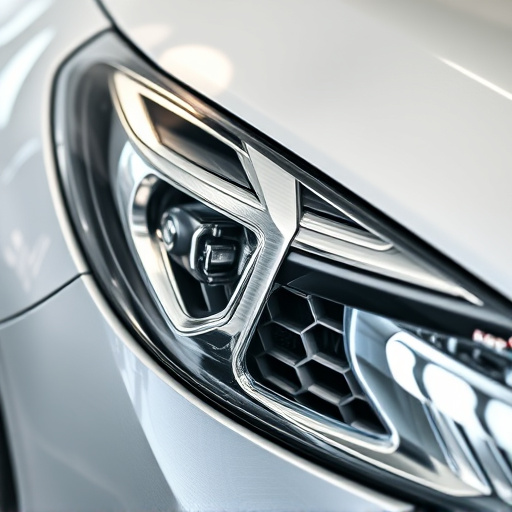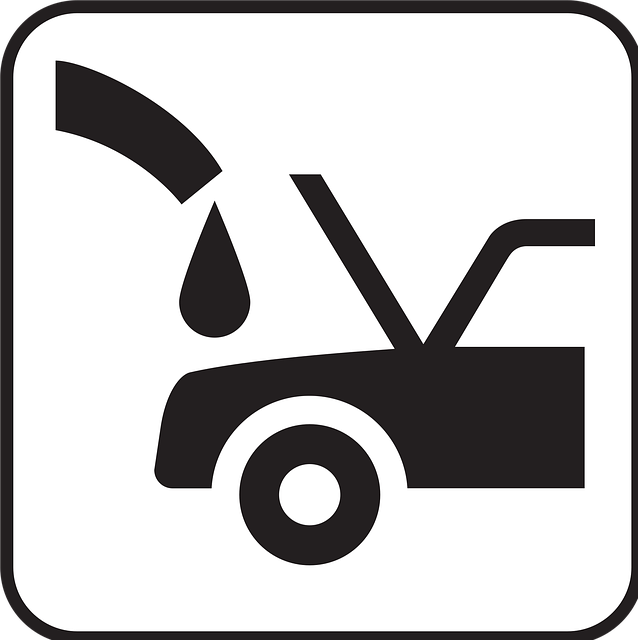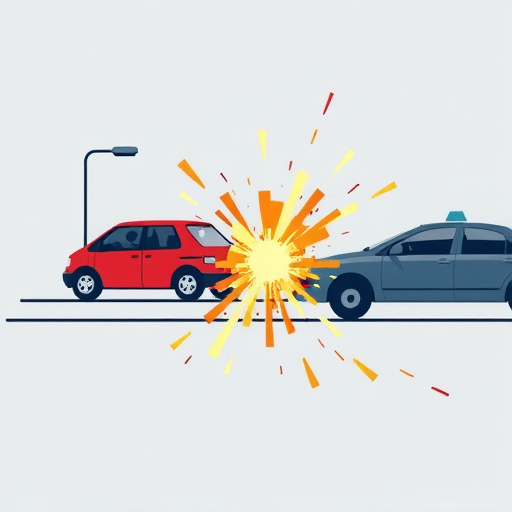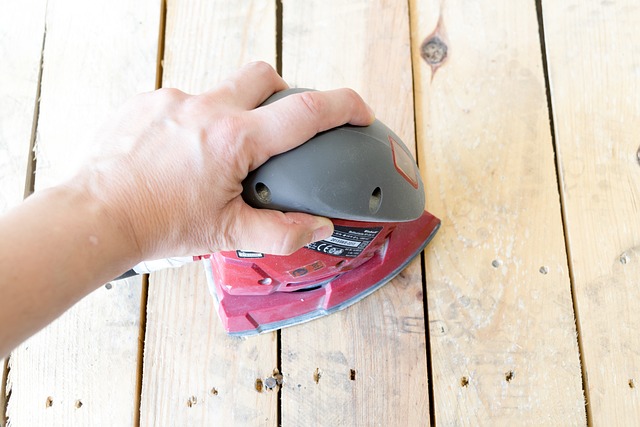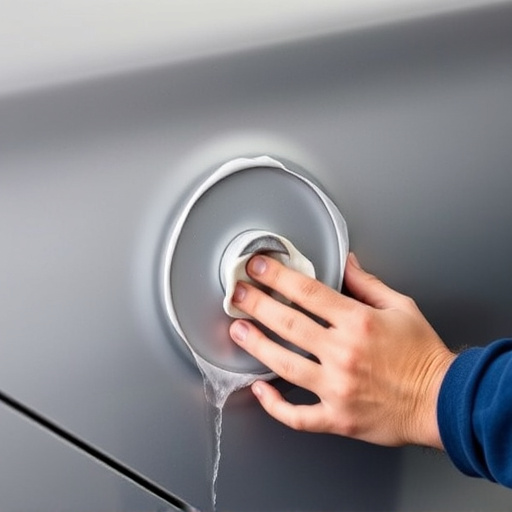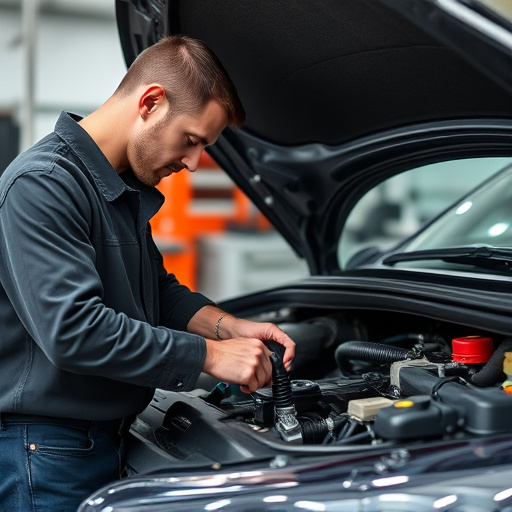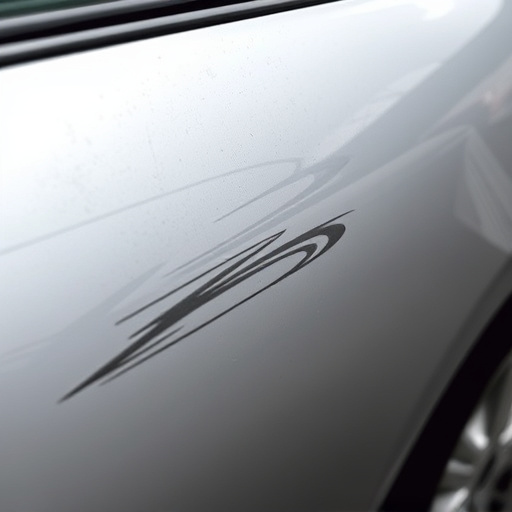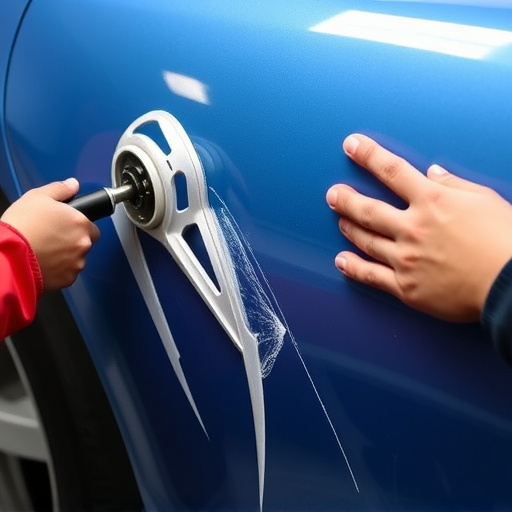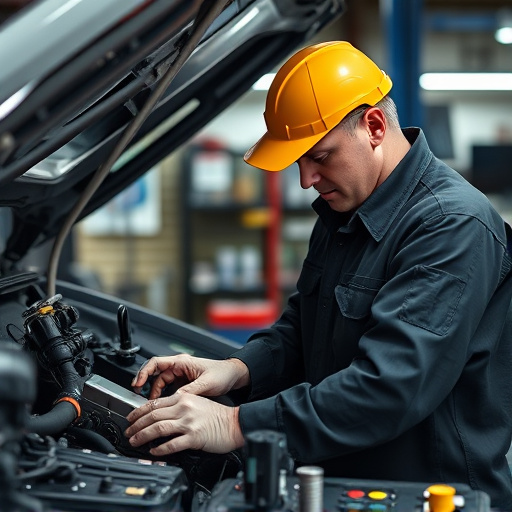Post-collision repairs involve metal welding, painting, and system checks. Insurance repair warranties cover parts and labor for a specified period, with comprehensive coverage for major components. Understanding warranty terms is vital to avoid unexpected costs during collision repair, ensuring consumer rights and satisfactory outcomes.
After a car accident, understanding your insurance repair warranty is crucial. Post-collision repairs often come with limited warranties, covering specific parts and labor for a set period. This article guides you through the intricacies of post-collision repair coverage, equipping you to navigate key terms and conditions. We explore consumer rights and what to expect during the process, ensuring you’re informed and protected.
- Understanding Post-Collision Repair Coverage
- Navigating Limited Warranties: Key Terms and Conditions
- Consumer Rights: What to Expect After an Accident
Understanding Post-Collision Repair Coverage

Post-collision repairs encompass a range of services aimed at restoring a vehicle to its pre-accident condition. This includes not just physical fixes like metal welding and painting, but also ensuring proper functioning of all systems. Understanding the coverage under an insurance repair warranty is crucial for car owners navigating this process. These warranties typically cover both parts and labor for a specified period, providing peace of mind that your vehicle is in capable hands.
When considering collision repair services, it’s important to know what’s included in the warranty. For instance, scratch repairs and smaller damage fixes might be excluded, but comprehensive coverage ensures major components and systems are guaranteed. This safeguard ensures that even if unforeseen issues arise during the repair process, the cost is covered, allowing you to focus on getting back on the road safely and efficiently.
Navigating Limited Warranties: Key Terms and Conditions

Navigating limited warranties after a collision is an essential aspect of post-repair procedures. These warranties typically cover specific components and repairs for a defined period, offering peace of mind to vehicle owners. When considering insurance repair warranties, understanding key terms and conditions is crucial. For instance, the warranty might exclude certain parts, such as tires or exterior finishes, which were not directly affected by the collision but may require regular maintenance or replacement over time.
Auto repair services that offer limited warranties often have detailed guidelines on what constitutes covered repairs and any exclusions. Collision centers usually provide these terms to customers upfront, ensuring transparency. It’s important for vehicle owners to review these conditions carefully to avoid unexpected costs during auto maintenance. Key phrases like “limited to the cost of parts and labor” or “excluding regular wear and tear” are common in such warranties, clarifying the scope of protection offered by insurance repair services.
Consumer Rights: What to Expect After an Accident

After an accident, consumers often wonder about their rights and what to expect during the post-collision repair process. Insurance repair warranties play a significant role in ensuring that vehicle owners are protected and satisfied with the outcome. When dealing with insurance companies and repair facilities, it’s crucial to be aware of your entitlements.
In many cases, insurance providers offer limited warranties as part of their collision repair coverage. These warranties guarantee specific aspects of the repair work, including the quality of parts and workmanship for a certain period. Consumers should review these policies carefully, focusing on what is covered and any exclusions or limitations. Understanding your rights regarding car paint repair, vehicle body repair, and autobody repairs is essential to ensuring you receive the best possible service and compensation after an accident.
Post-collision repairs come with limited warranties, offering some peace of mind for consumers. Understanding these warranties is crucial when navigating insurance repair processes. By familiarizing yourself with key terms and conditions, you can ensure your rights are protected and make informed decisions about your vehicle’s restoration. Remember, knowing your consumer rights is essential to a smooth post-accident experience.


